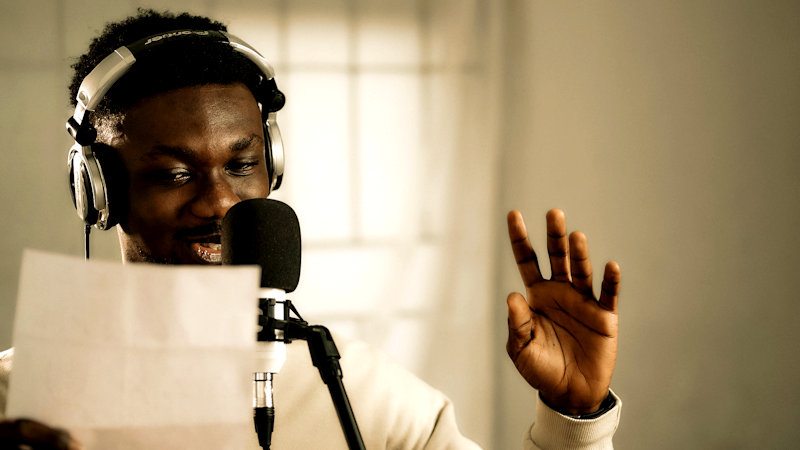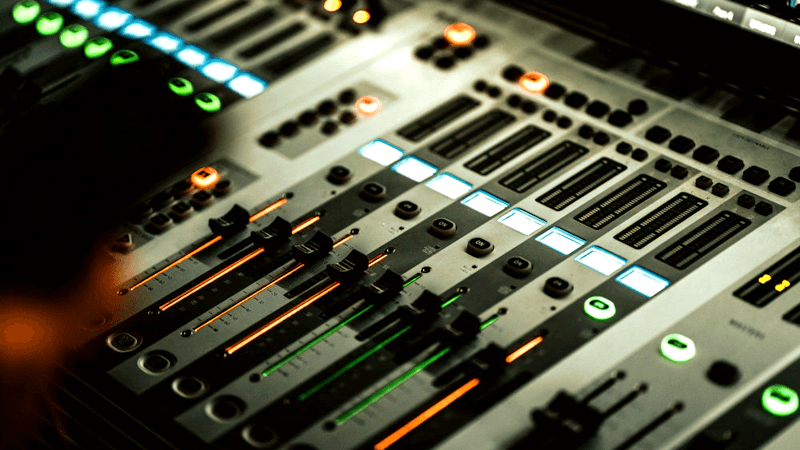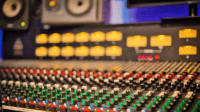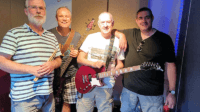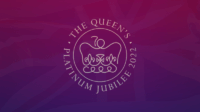How to choose an audiobook recording studio
If you are independently producing an audiobook, you will want to achieve a professional result that will not sound out of place on Audible. So, what does it take to produce an audiobook with a professional quality finish? How do you choose an audiobook recording studio? Or can you do it just as successfully at home?
Audible and other audiobook producers have a flock of professional voice actors and narrators, and preferred audio recording studios. So, it may surprise you to know that it is certainly possible to record your own audiobook with the help of a small studio or even at home. Moreover, the pandemic lockdowns have led to a diversification of where audiobooks are being recorded, and here at JHM we’re seeing increasing enquiries.
5 Steps to ensure a successful audiobook recording experience
Get started recording your audiobook: choose your narrator
The first choice is deciding on your narrator. It’s strongly recommended to engage the services of a professional voice actor to narrate your book. A 300-400-page book may take eight hours to read, which would tire the untrained voice easily. Moreover, a professional will bring a superior tone and expression to the reading. They will also be familiar with the process of recording, of using a microphone and will make fewer mistakes leading to fewer edits and quicker results. The exception to the rule is for autobiographies or for books with a well-known author, whom readers would expect to hear. (But then it’s unlikely these writers will need the independent production we’re looking at here!)
Do make sure your narrator reads through your book before they attempt to record it. You need to know that they comprehend the plot and you have heard their ideas for character voices. It will be obvious to everyone if they haven’t practised, and a professional will know that and wouldn’t leave you in that situation!
Home or away? Where should you record your book?
We’ll be considering four things:
- Do you have a suitable recording space? Read on for what you need.
- Do you have the necessary recording equipment, computer hardware and software? We’ll look at microphones and audio interface specifications here.
- Your budget. Whilst it’s undoubtable that you can save money doing it yourself, you can also get some very good deals working with independent studios. Consequently, it’s a good idea to weigh up the cost of investing in the equipment and training you need versus the cost of hiring a studio.
- The outcome you want. If you truly want a result that will not sound out of place on Audible, you need to invest one way or the other.
Audiobook recording studio essentials
An isolated, quiet recording space and equipment
A good recording space will offer an isolation sound booth, essentially a small sound-proofed room, where your narrator will be reading. It should be comfortable and set up with microphone, pop shield, headphones, and a place to put reading material. Depending on whether your narrator likes to read standing or sitting, you may want a small table and chair.
A sound engineer and control room
The sound engineer will set up the session equipment and run sound checks to ensure the microphone is in a good position and that speech is recorded at the right level. They will monitor the session from the control room and make sure that separate sessions will be recorded in the same way, so that there is no noticeable change from day to day.
A sample chapter for author review
If you are an author looking to choose an audiobook recording studio, then it’s a great idea to request a sample reading before you commit. This will give you a chance to check the output from your narrator as well as the recording quality. Then you can give feedback on things like character accents and tone of voice. You can also get a better guide of how long it will take to record your book.
A plan to handle mistakes with edits and overdubs
The last things you want in an audiobook are unintended noises. A shuffle, a scratch, a brushed microphone, it’s easy to accidentally record such sounds. Similarly, every narrator makes mistakes from time to time, such as a stumbled word or cough. When the reader knows that they have made an error, then they should stop, clap their hands loudly, wait a few seconds and restart from an earlier sentence. This will help the sound engineer identify these blips when editing the audio. If the narrator doesn’t realise the microphone has caught a background noise, then this should be picked up by the sound engineer later on, and an overdub is likely required. Your engineer will use a system to note where overdubs are necessary so that your narrator can easily re-record the sections required.
Computer software to record, edit and master recordings
It’s so helpful to have a knowledgeable sound engineer with the right software and recording facilities to capture a high-definition sound. Your engineer will be skilled at editing out clicks, pops, mouth noise and cleaning the audio (noise reduction) with appropriate equalisation (EQ) and volume control (compression). Thereafter, the engineer will be expected to create master files that playback at the pre-defined broadcast levels so that your audiobook sounds like all the others on the market.
Tips if you want to do it at home
If you were to do this at home, the hardest thing to achieve is sound isolation, and also getting a space that won’t colour the sound that is being recorded. There’s nothing more fatiguing than hearing an echoey room in the recording. Consequently, you need to prioritise getting that radio-friendly sound that’s close-up, warm and easy to listen to for a long period of time.
You also need a high quality, large diaphragm, condenser microphone made by a reputable company such as Rode, Neumann or Mojave. In addition, you will need a high quality audio interface, capable of recording at a sample rate of 24 bit 48 kHz. You can monitor your sound recording under a pair of decent over-ear headphones as a substitute for professional studio monitors / speakers.
Quality control measures and delivery of audio for author / client review
As the author, you will want to listen back to the recording, which will need sign off.
We use a platform called MixUp, which enables our sound engineer to upload a recording before mastering to commercial standards. MixUp sets the volume to the standard playback level, so that you get a true sense of what it will sound like, whilst at the same time being able to make detailed comments on a timeline, allowing you to feedback easily.
After any feedback is acted on, the process of mastering is the final stage once everything has been signed off, which is where we crystallise the sound, lift it to commercial broadcast levels and hand over the files.
Overall the process of recording a 300-400-page book should take a few weeks from
– initial samples,
– recording the whole book,
– cleaning and editing the audio,
– getting and acting on feedback,
– recording overdubs and finally
– mastering the final recording.
That’s it! You now have your audiobook audio files for distribution!
We hope this article has helped explain what you should expect when making an audiobook recording either at home or away, and how to choose an audiobook recording studio. Please get in touch if you would like to work with us and/or speak to our recommended professional voice actor colleagues.

